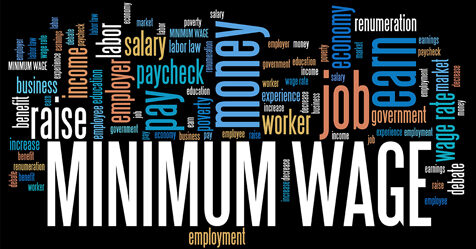World Governments Deprioritizing Health Spending, More Paying Out-of-Pocket
The 2024 Global Heath Expenditure Report by the World Health Organization (WHO) shows that the average per capita government spending on health in all country income groups fell in 2022 from 2021 after a surge in the early pandemic years.
Protecting people from financial hardship due to out-of-pocket health costs is fundamental to achieving health for all. Yet, WHO’s report shows that out-of-pocket spending remained the main source of health financing in 30 low- and lower middle-income countries. In 20 of these countries, more than half of total health spending in the country was paid for by patients out of their pocket, which contributes to the cycle of poverty and vulnerability.
The challenges posed by the lack of financial protection for health are not limited to lower-income countries. Even in high-income countries, out-of-pocket payments lead to financial hardship and unmet need, particularly among the poorest households. Most recent health accounts data show that in over a third of high-income countries, more than 20% of total health spending was paid out-of-pocket.
WHO is calling on leaders to make Universal Health Coverage a national priority and eliminate impoverishment due to health-related expenses by 2030. Effective strategies to strengthen financial protection include minimizing or removing user charges for those most in need, including people with low incomes or chronic conditions, adopting legislation to protect people from impoverishing health costs, and establishing health financing mechanisms through public funding to cover the full population.

